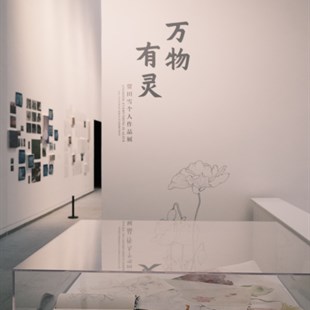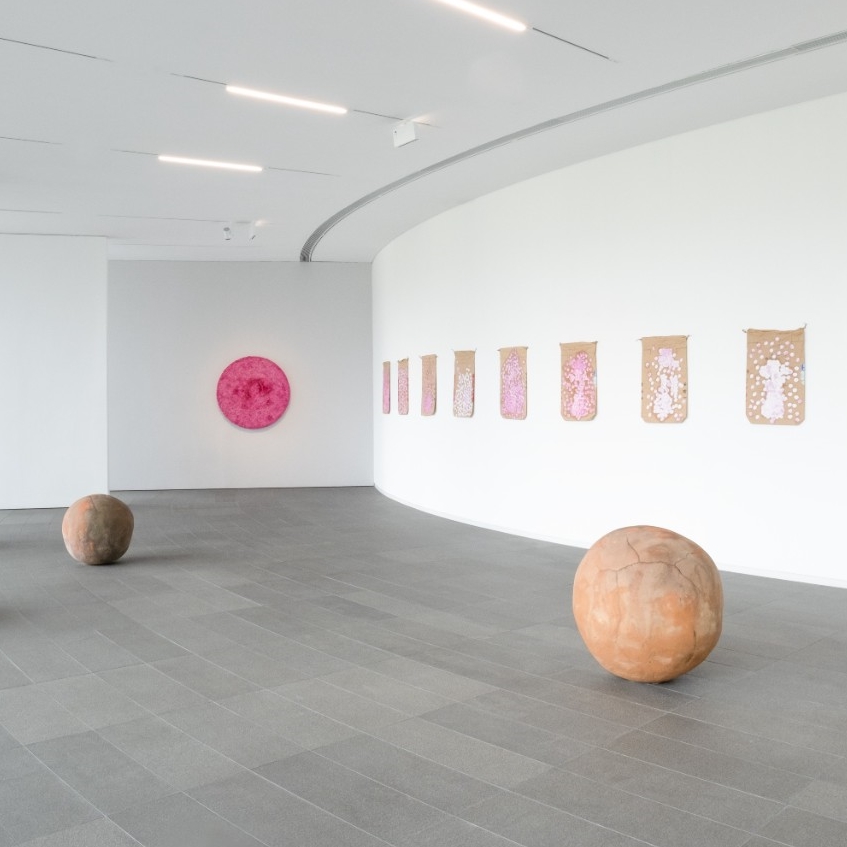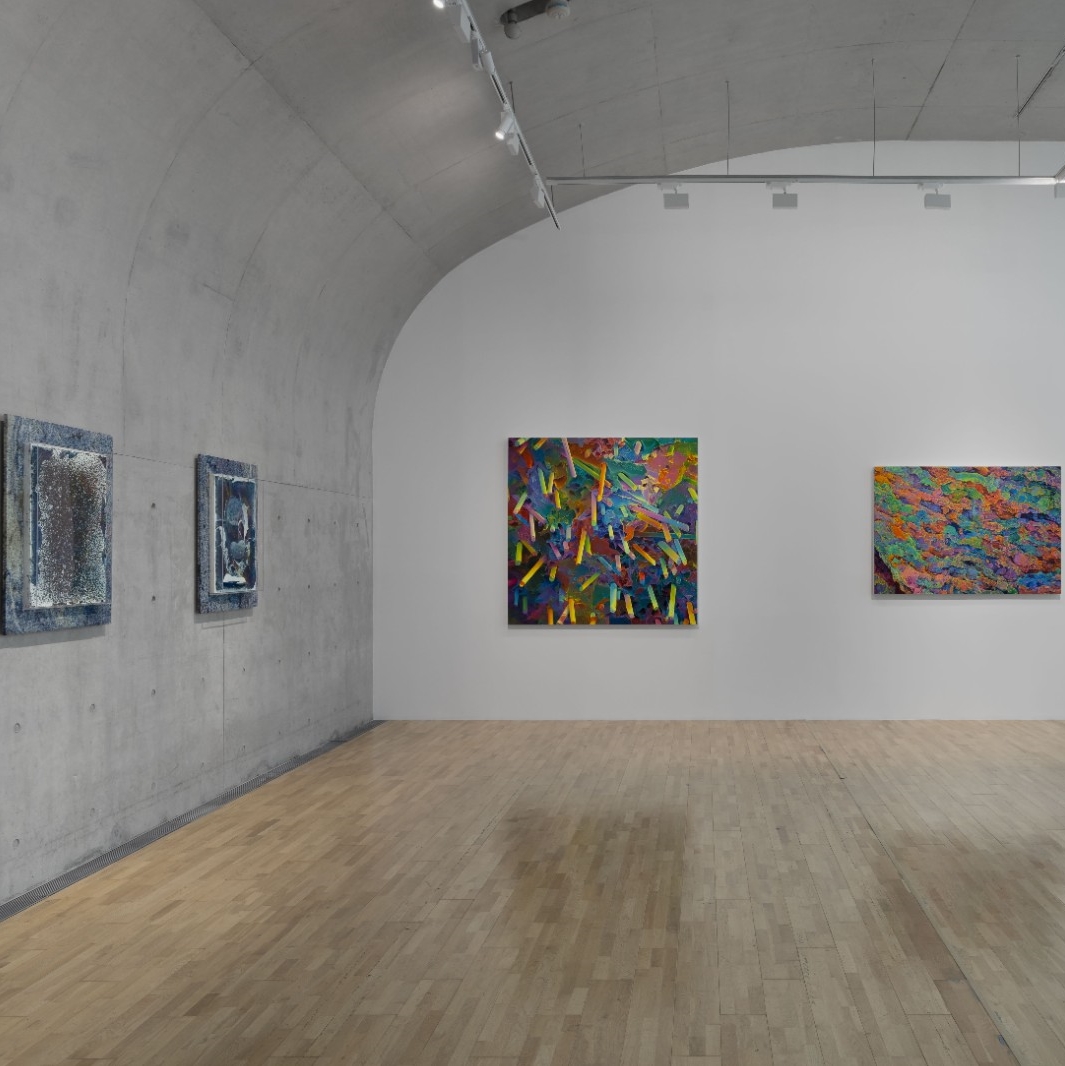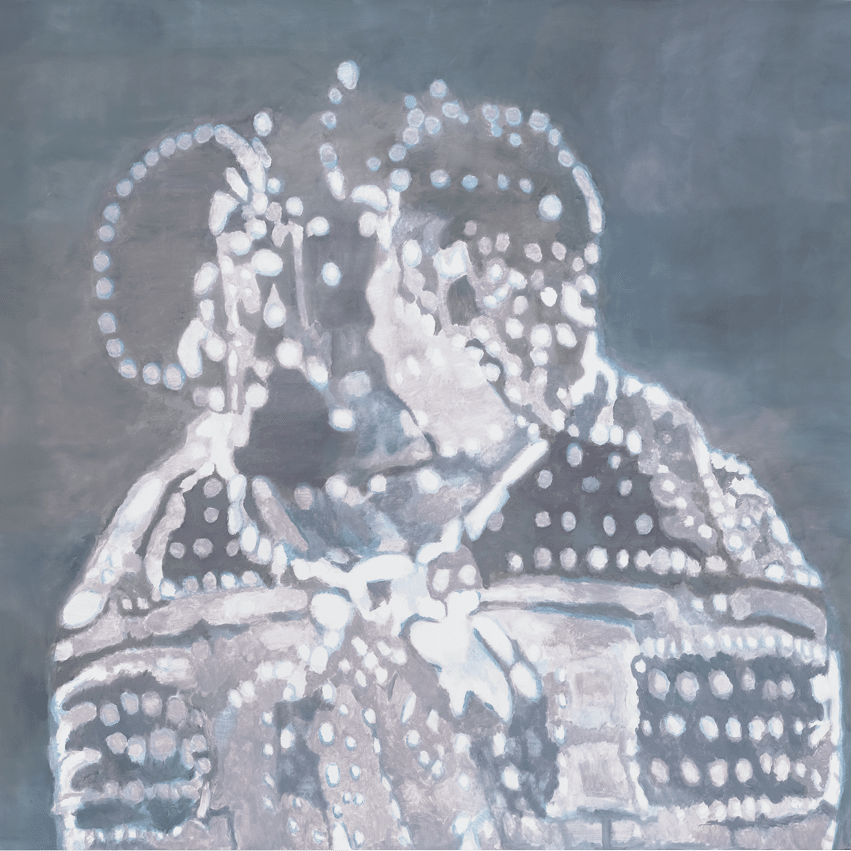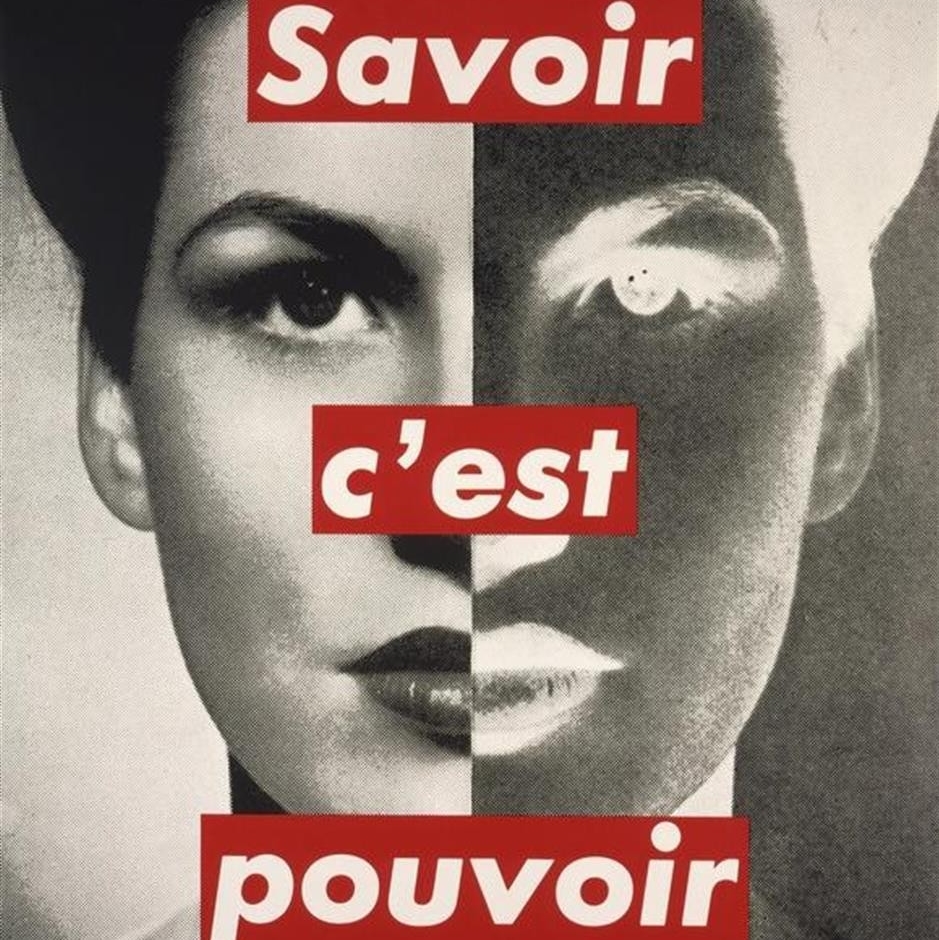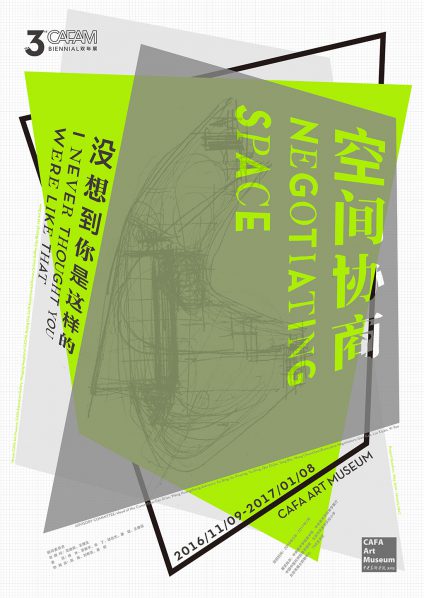
The CAFAM Biennial is organized by the CAFA Art Museum. With the support of this university art museum, “Super-Organism: Research and Experiments from a Specific View” and “Invisible Hand: Curating as Gesture” were held in 2011 and 2014 respectively.
In recent years, the international art world has been discussing and reconsidering how a biennial should be organized, and doubts about the biennial mechanism have been voiced in recent years. The biennial mechanism has developed for nearly one hundred years, gradually creating a fixed model. Sometimes this model can neither quickly respond or react to the rapidly-changing sites and ecologies of art, nor reflect the immediate state of art. For this reason, in planning the Third CAFAM Biennial, the CAFA Art Museum reconsidered its model in an attempt to experiment with organizational and operational modes, exemplifying the university art museum’s function as an “intellectual laboratory.”
We have named the Third CAFAM Biennial “Negotiating Space: I Never Thought You Were Like That,” in an attempt to provide a completely new model for experimental exhibitions. Here “space” does refer to physical spaces and architectural spaces, but it also points to social spaces, psychological spaces, cultural spaces, and public spaces. “Negotiating Space” implies a free and broad vision of these concepts through the innovative presentation of new ideas. Second, negotiation allows for a more democratic process of artwork creation and project implementation. In Jürgen Habermas’ theories of communication, interaction between a number of parties increases the understanding of a thing and coordinates action to arrive at a common understanding. In this process, individuals have the chance to improve themselves. Bringing “negotiating space” into the exhibition model implies the dissolution of monolithic curatorial power and a break from its control. The proposal’s creators and negotiators will explore how visual presentation can produce a relationship with the space or break through spatial limitations, thereby sparking a discussion about the democratization of curatorship, the democratization of art, and the democratization of culture.
As a result, there is no curator for this biennial, and the CAFAM team works as coordinators for the exhibition. The exhibited works are selected using an open call for artwork proposals, not a process of recommendation or nomination. Because “everyone is an artist,” any individual or group can, as an artist, submit a proposal for a project that has not been realized before, and all submitted proposals will be recorded in a directory. In the proposal collection process, we have invited people from all realms of society to participate as “negotiators.” Within an open context, the submitted proposals are publicly negotiated and discussed. Some of the works that have been discussed will be presented in the exhibition, and all proposals that entered the negotiation phase will be presented in the exhibition halls and the catalog. The negotiation, presentation, and implementation of these proposal texts collectively constitute the method of this biennial. In this process, the CAFAM Biennial team will accept questions and input from the public with an open attitude.
The subtitle “I Never Thought You Were Like That” was inspired by a popular internet phrase, expressing amazement at surprising and unimaginable ways of doing conventional things. This subtitle provides a colloquial, popular, and web-based explanation of the new exhibition structures and methods for “negotiating space,” in an attempt to break with conventional assumptions about and methods for choosing biennial names. However, guided by this subtitle, we hope that the proposal presenters will work creatively, break conventions, and communicate across disciplines and submit proposals that we “never thought would be like that.”
The Third CAFAM Biennial will also present a series of academic and educational activities, including “Public Space and Cultural Democracy” seminars and lectures, “Intellectual Laboratory” dialogues, workshops and the Art Museum Night.
The call for proposal submissions opened on May 6 and closed on September 8, 2016. The biennial received approximately 300 submissions from people of all ages and professions living in cities around the world. These proposals presented bold visions of the concept of space, and they reflected enthusiasm for public participation in a biennial and active consideration of artistic issues. The four proposal negotiations were held on June 29, July 29, August 30-31, October 9-10, with negotiators and presenters from a diverse range of fields, including museums, curatorship, art, art history and theory, media, literature, philosophy, and architecture, engaging in public discussion. These different perspectives and ideas collided and inspired; the proposal negotiations gave off sparks that ignited new ideas. The proposals, the proposal realizations, and the text presentations were also shown at CAFA Art Museum and other spaces. The Third CAFAM Biennial, which will open at the museum in early November, will be full of unexpected, fresh, challenging, and new artworks. These artworks, combined with the experimental foundation of the biennial itself, will create a biennial that you “never thought would be like this.”
About the exhibition
Advisory Committee:
Head of the Committee: Fan Di'an, Wang Huangsheng
Advisors: Xu Bing, Su Xinping, Yu Ding, Qiu Zhijie, Tang Bin, Wang Chunchen
Executive Negotiators: Gao Gao, Liu Xiyan, Yi Yue
Project duration: May, 2016 – January, 2017
Exhibition duration: November 9, 2016 -January 8, 2017
Venue: CAFA Art Museum, CAFA Education Gallery, Wangjing Hospital of CACMS, Beijing Hua Jia Di Experimental Primary School, Raffles City (Beijing), 798 Art Zone
Organizer: CAFA Art Museum
Supporter: The Central Academy of Fine Arts
Strategic Cooperation Platform: ARTSKY
Cooperative Partners: CAFA Academic Committee, Artron Art Group, Chinese Contemporary Art Award, Goethe-Institut China, French Embassy, Institut Français in Beijing, School of Arts Administration and Education of CAFA, Wangjing Hospital of CACMS, 798 Art Zone, Beijing Hua Jia Di Experimental Primary School, Raffles City (Beijing)
Courtesy of CAFA Art Museum.


